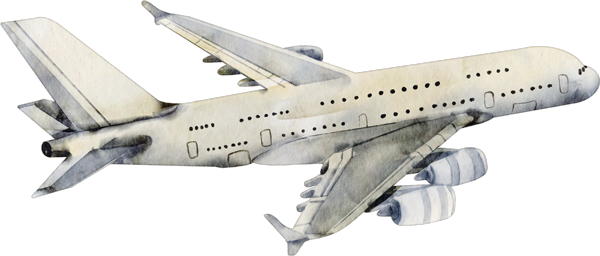Chapter 5

When adults asked that seemingly innocuous question, “What do you want to be when you grow up?” my practised answer was, “I want to be an architect, archaeologist or artist.”
Children don’t know the full range of possible occupations: what it means to be a lawyer or analyst, logistics coordinator, product developer or insurance broker. When I was a kid, I didn’t know about insurance, and I would have said a scientist wears a white coat and does experiments – whatever that meant. Had you asked me to name different kinds of scientist, I would have said, “Scientists do experiments. They use test tubes.”
“What do want to be when you grow up?” is a question telling a child they have to be something. How about, “What do you like to do?” Children understand this. So do adults.
My when-I-grow-up ambitions were influenced by television.
Mine was a generation of Indiana Jones movies and like many impressionable young people, I wanted to be Indiana Jones: an archaeologist. Attracted by the sense of adventure, travel and discovery, I could see myself with a fine horsehair brush, dusting the last grain of sand from an ancient tomb or buried artefact then driving through sandy landscapes in an open-top jeep away from giant rolling boulders and traditionally dressed angry locals. I had no idea what Indiana Jones did was science. Indiana Jones’ life didn’t seem intellectual.
Not only was I ignorant of the realities of archaeology, I had no idea of the complexities of architecture. Surely all it took was creativity and wearing a tweed jacket while designing a building with a well-considered floor plan and deciding which colour to paint the building and interiors.
The fact I never excelled in maths, and had no interest in mechanical, electrical and structural study fields meant I would never qualify as an architect.
An artist’s dislike of authority and freedom to engage in the latest en-vogue social protest, while expressing their inner turmoil when the moment of creativity arrived through a medium of their choice, appealed. And I liked their fashion sense. At school I hated being told what to do, was reasonably good at art, experienced plenty of inner turmoil, and knew wearing pink and red together was a fashion faux pas. In class I never understood the teacher, was easily distracted, and spent a lot of time daydreaming to keep myself amused; surely that was the mind of an artist.
Mid-way through high school, my answer to the question started to feel more like an answer to make the question go away. I didn’t know anyone who worked as an artist, architect or archaeologist and I had no idea what my future held because, being young, I had no idea what a future meant.
Rattling off the adult-appeasing sentence, I became more interested in the way each job started with the letter A.
Around the beginning of high school I welcomed air hostess to the list.
An air hostess got to travel overseas. My impression of the job was adventure. Only years later were a real air hostess’s duties revealed.
Generally, an attractive young woman wearing too much makeup walks up and down a plane’s aisle while passengers absentmindedly examine her figure. The air hostess asks all three hundred people the same questions: “Would you like tea or coffee?” “Can you please stow your tray for landing?” “Are you interested in our in-flight entertainment?” and, not for all three hundred, “Don’t you think you’ve had enough to drink?” In my young naive mind, being an air hostess amounted to travelling to new and exotic countries. I had eliminated the customer-centric part, mentally got on a plane, and flown to an exotic destination as if the job were a holiday.
I did end up working in a job starting with the letter A: administrator. Maybe administrator was not on my career list because, when I was a kid, an administrator was called a secretary.
I thought a secretary made tea and coffee for men in suits, used a typewriter, wore skirts and blouses, looked beautiful and got slapped on the bum by old men. Nothing about a secretary’s life appealed, and perhaps even as a child I knew administration consisted of mundane repetitive mindless tasks with a lack of adventure, challenge, creativity and satisfaction; unforeseen office-life joys were still years away for me.
First I had to finish my education.
